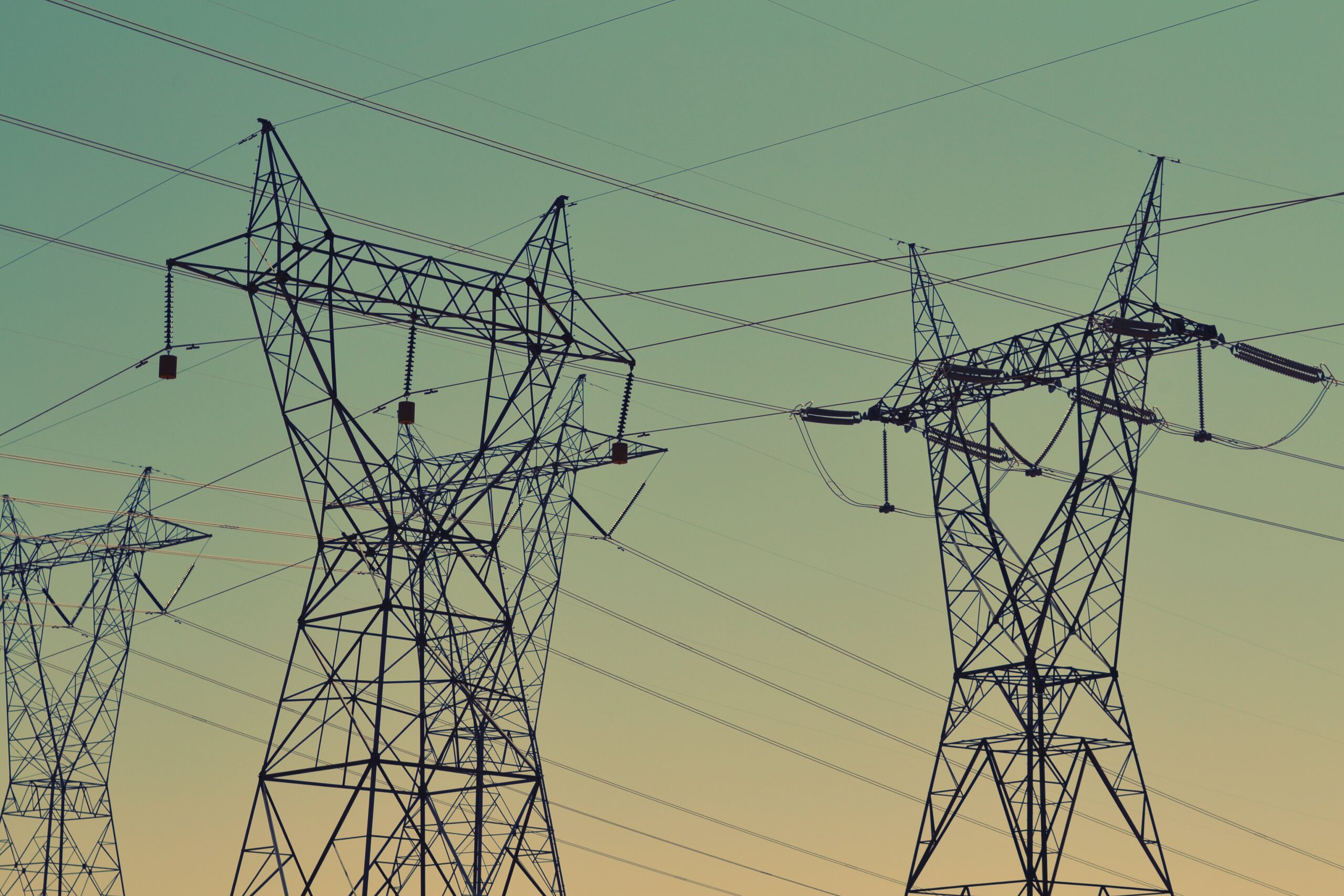In an indication of the political sensitivity of the economic, exchange rate and currency reforms being implemented, the Cuban government has reconsidered the sharp increase in electricity prices it had planned for 2021.
Before Christmas and following criticism on social media as well as objections by many Cubans, Vice President Marino Murillo, Head of the Permanent Commission for Implementation told members of the Cuban National Assembly meeting on 16 December: “Everything is being reviewed, all the opinions of the population …. including the electricity rate”.
Subsequently speaking on the television programme Mesa Redonda, he said that government had decided to rectify and reduce the electricity tariffs proposed initially.
The announcements followed widespread expressions of concern on social media and growing social discontent reflected in the state media. The objections led to the rare public policy reversal and the unusual announcement that in response to citizen concerns the rate would be lowered in a manner that would protect the ordinary Cuban. It was also announced that there would be a special rate that favoured private businesses, similar to that for state companies.
Speaking on Mesa Redonda, Murillo said “we have respectfully reviewed everything”, while referring to the importance of the guidelines provided by Raúl Castro as First Secretary of Cuba’s Communist Party, and President Díaz-Cannel about the need to listen to the opinions of the population. He also said that the price of pharmaceuticals and regulations in relation to non-state management, both of which are also contentious, would be discussed on future editions of the programme. “There are certain opinions that everything we have done has been to harm them (private business entities) and that they are not in good condition in this process”, he said.
Murillo however cautioned that addressing Cuba’s economic problems required evaluating how far one can go in making concessions. Much depended on what the economy can support, he said, considering the global crisis caused by the COVID-19 pandemic and the tightening of the US embargo. “None of that can be minimised”, he emphasised. He also observed that if it were not possible to maintain cost levels and noted that if “consumption skyrockets” the country could face a worst-case scenario of additional fiscal expense in the order of CUP5bn.
“Therefore, there is another principle, and it is necessary for the population to understand it, this could increase spending on the budget, and the Government’s decision is to face this with the same fiscal deficit approved in the National Assembly”, Murillo warned.
In early December, President Díaz-Canel had announced a range of economic measures to be introduced on 1 January related to prices subsidies and wages that will be introduced in parallel to the unification of Cuba’s dual currency system and setting an exchange rate of CUP1 to US$24 (Full details Cuba Briefing 14 December 2020).
Alongside the announcement of a minimum wage increase of 525% for state employees and a 450% hike in pensions, Government also announced and published details of significant increases in the price of goods, unregulated foodstuffs, pharmaceuticals, and services, including electricity.
The Caribbean Council is able to provide further detail about all of the stories in Cuba Briefing. If you would like a more detailed insight into any of the content of today’s issue, please get in touch





